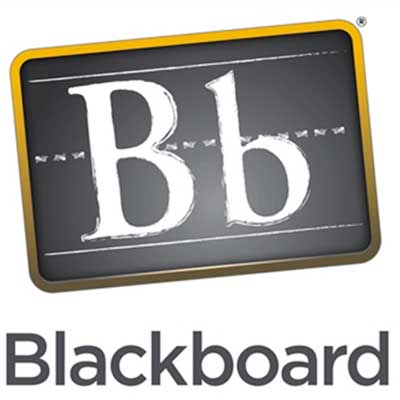 All those who use the Blackboard course management system to teach at NIU might notice that a new item has been added to their “My Courses” module.
All those who use the Blackboard course management system to teach at NIU might notice that a new item has been added to their “My Courses” module.
In addition to a listing of courses taught, a new resource has been added to help ensure online courses are more accessible to students.
This resource is a self-paced online course.
As of the spring semester, faculty are enrolled in Blackboard’s “Universal Design and Accessibility for Online Courses” course which is the result of a collaborative effort between Blackboard and a consortium of accessibility minded personnel from both domestic and international institutions.
This course identifies strategies that enhance accessibility of online content for students with a range of abilities and disabilities. The initial module introduces users to the concept of “Universal Design,” which has increasingly become relevant to education due to its focus on inclusiveness.
“NIU students include greater numbers of older students, veterans, and second-language learners than ever before. NIU students represent a wide range of social, economic, and cultural backgrounds,” said Greg Long, NIU professor and chair of the Presidential Commission on Persons with Disabilities. “Embracing a diverse student body, however, requires that we design instruction, media, and technology to be accessible to all. Universal Design provides the blueprint for addressing this challenge.”
The Universal Design and Accessibility for Online Courses course is a valuable tool for exploring how Universal Design can be effectively applied in higher education.
While inclusiveness for all students is critical, benefits for students with disabilities are enhanced when online courses have a consistent and logical course structure, a welcoming and inclusive environment, and an accommodating teaching approach that recognizes the need to make modifications where necessary.
The course modules review landmark legislation in the area of disability rights, including the American with Disabilities Act of 1990 (ADA) which states that any public accommodation must ensure its classes are provided on a nondiscriminatory basis. An article in the Chronicle of Higher Education (Parry, 2010), reveals that ADA compliance is a major vulnerability for online programs.
Topics for other modules include Accessibility for Online Learning, Assistive Technology and Learning Styles. This course is meant as a stepping off point for building online courses that are usable and accessible.
The content is intended to inspire further exploration and advocacy for designing materials that benefit students and help them achieve their educational goals. Faculty are encouraged to review all four modules. They are also invited to share their experiences of enhancing accessibility by posting to the course’s Discussion Board or Blog.

